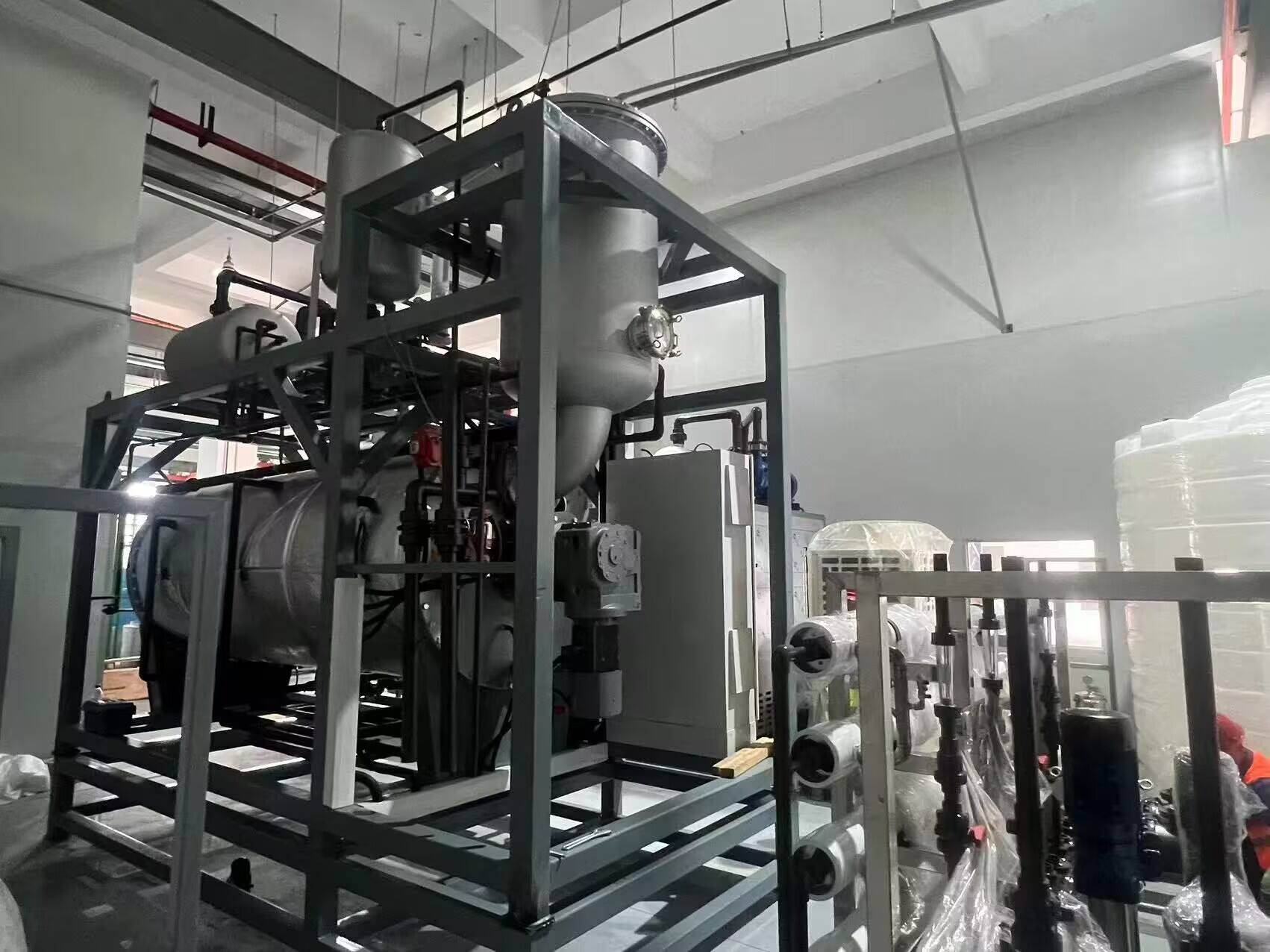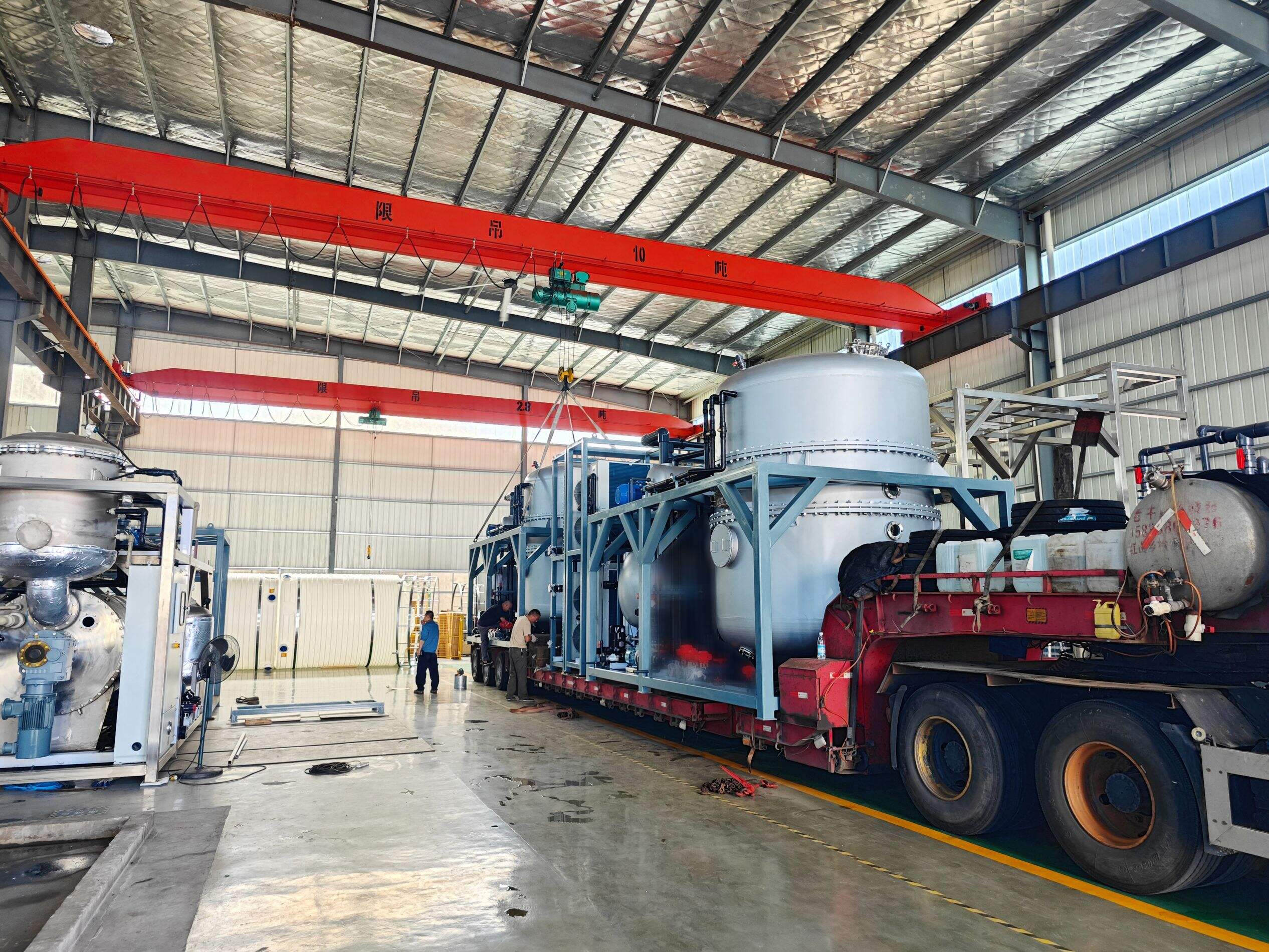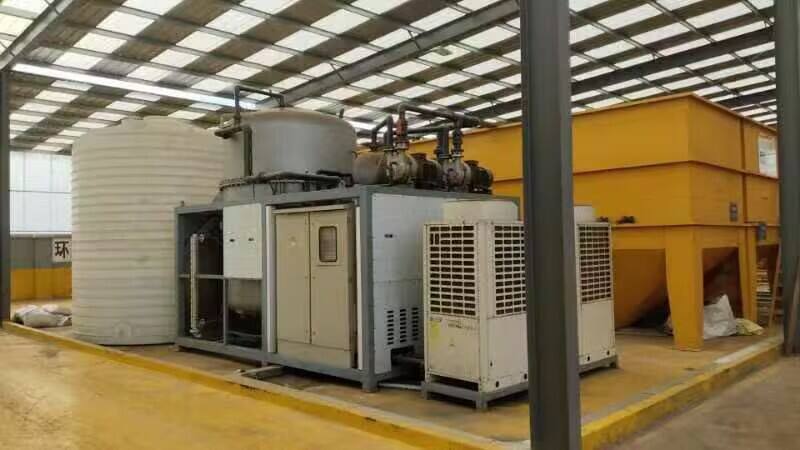sludge wastewater treatment
Sludge wastewater treatment represents a critical process in modern water management systems, designed to handle and process the solid waste materials generated during wastewater treatment. This comprehensive treatment approach combines multiple stages of processing to transform potentially harmful sludge into environmentally safe and sometimes beneficial byproducts. The process typically begins with thickening, where the water content is reduced to make the sludge more manageable. Following this, stabilization techniques are employed to reduce pathogens and prevent further decomposition. Advanced technologies such as anaerobic digestion, aerobic digestion, and chemical treatment play vital roles in breaking down complex organic materials and eliminating harmful substances. The treatment process also incorporates dewatering systems, which further reduce water content through mechanical means like centrifugation or belt filter presses. Modern sludge treatment facilities often integrate automation and smart monitoring systems to optimize performance and ensure consistent results. The applications of this technology extend beyond municipal wastewater treatment to include industrial waste processing, food processing facilities, and agricultural operations. The treated end products can be utilized in various applications, including land application as fertilizer, energy generation through biogas production, or safe disposal in landfills.


